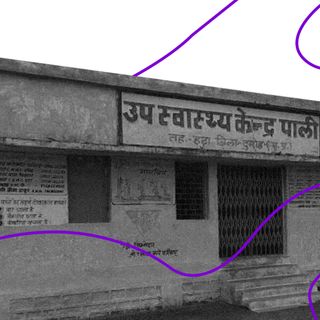Since March 1, 2020, 62 journalists have died in India due to Covid19 and related complications, according to a new analysis by a Swiss media rights body. India recorded the fourth-highest number of journalist deaths due to Covid19 globally. In total, more than 1,036 journalists across 73 countries have died. The findings reveal the precarity of reporting during a health crisis and suggest a need to expand recognition and protections for media as essential workers.
Press Emblem Campaign (PEC), the non-profit rights body that published the analysis, urges governments to give adequate compensations to the victim’s families and administer vaccines to media workers across all age groups. Currently, India is vaccinating people older than 45 years along with other frontline workers, mainly health care workers. Some states, such as Punjab and Uttarakhand, have separately announced vaccination for journalists, but there has been no unified government policy that prioritizes journalists as frontline workers.
The PEC tally is based on data from local media, national journalist associations, and regional PEC correspondents. The number of deaths could be higher depending on unannounced deaths and lack of reliable local information. Nava Thakuria, PEC’s India representative and a senior journalist, noted that India continues losing media personnel to the pandemic despite having a massive Covid-19 vaccination programme in place.
Related on The Swaddle:
Journalists, Teachers, Bankers Now Eligible for Vaccines in Ludhiana
“Journalists are reporting from most adverse situations. They shud be treated as frontline workers and shud be allowed vaccination on priority. Delhi govt is writing to centre in this regard (sic),” Delhi Chief Minister Arvind Kejriwal urged the government earlier this week; other political leaders have also made similar appeals.
The urgency of vaccinating journalists of all ages is notable as India records a second, more severe surge of Covid19. Public laxity, more coronavirus variants, and mixed government messaging have all contributed to more cases, deaths, and hospital burden — all of which become the core of media reporting during the pandemic. News stories referring to oxygen or hospital bed shortage, or those hinting at possible covid mortality data tampering by states, are labored products of extensive ground reporting at hospitals or burial grounds. The best way to cover a story, any reporter would agree, is to be on the spot.
India’s second Covid19 wave also coincides with public and religious gatherings of national interest that make them important news stories. Journalists covering the religious gathering of Kumbh Mela in Haridwar, or reporting on campaign rallies from election states, are obliged by virtue of their jobs to immerse themselves in crowded situations. Despite every precaution, their line of work renders them vulnerable to getting Covid19.
The question of who should be prioritized for Covid19 vaccines is not a new one, but it’s important to recalibrate every now and then given how dynamic the current environment is. The concern is not only ethical, in terms of who constitutes a frontline worker, but also logistical, and considers vaccine supply. Several Indian states have sounded the alarm about a shortage of vaccines. However, experts and media professionals have asserted repeatedly that they put their health and lives at risk to cover both a pandemic as well as matters of public concern critical to democracy. While the general public has a choice — and is encouraged — to walk away from large crowds, media workers’ jobs recommend the exact opposite. The health emergency has reaffirmed journalism’s role for the functioning of a healthy democracy: people need facts; people need verified, impartial information to hold their leaders to account.
India’s Press Association has previously urged the Centre to include journalists on a priority basis for Covid19 vaccination. “Like health professionals, security persons, and many others, a number of journalists have also lost their lives on the line of duty. Like all other essential services, media houses also remained open during the whole calamity,” an official statement issued by the Press Association noted.




